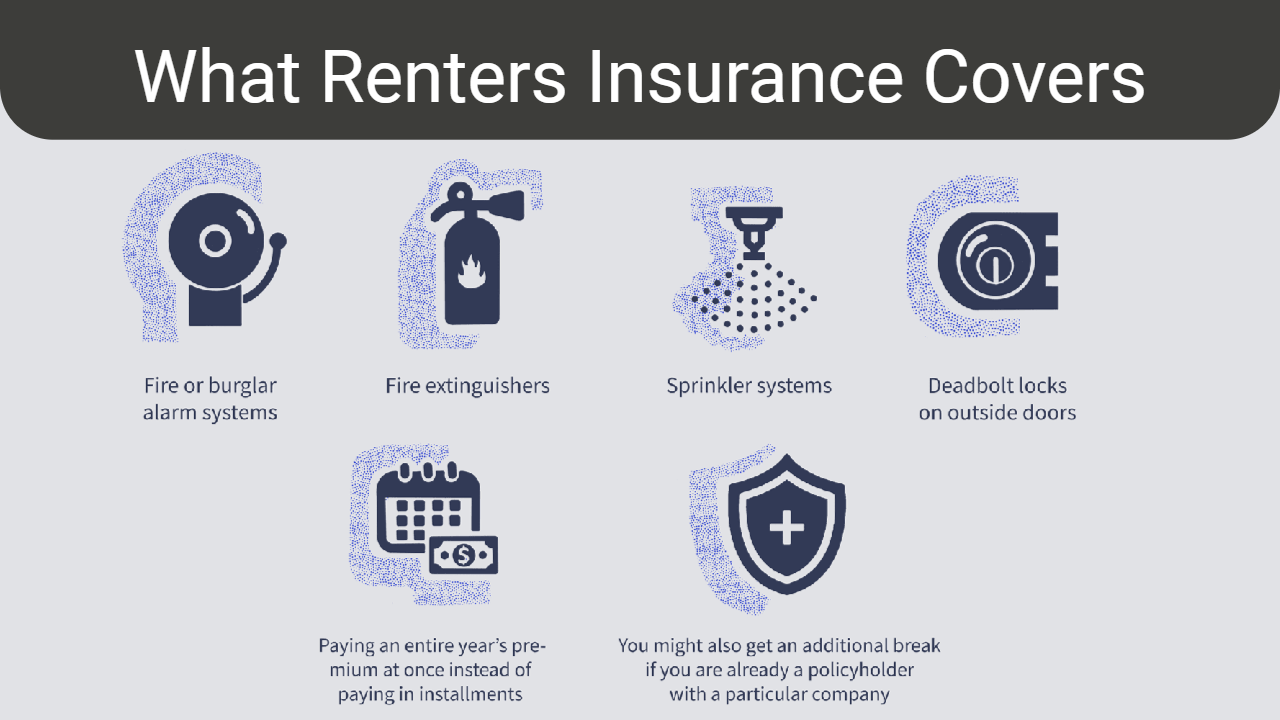College life is an exciting time of growth, learning, and newfound independence. For many students, this period also marks the first time living away from home, whether in dorms, apartments, or rented houses. Amidst the excitement, it’s crucial for students to consider how to protect their personal belongings and themselves from potential liabilities.

Renters insurance offers an affordable solution to safeguard against theft, damage, and unforeseen incidents. This article explores the importance of renters insurance for college students, what it covers, and tips for selecting the right policy.
Why College Students Need Renters Insurance
1. Protecting Personal Belongings
College students often bring valuable items to school, including laptops, smartphones, textbooks, clothing, and other personal possessions. Renters insurance provides coverage for these belongings in case of theft, fire, vandalism, or other covered perils.
2. Liability Protection
Accidents can happen, and if someone is injured in your rented space or if you accidentally damage the property, renters insurance can cover legal expenses and medical costs. This liability protection is essential for preventing financial strain due to unforeseen incidents.
3. Coverage for Additional Living Expenses
If your rented space becomes uninhabitable due to a covered event, renters insurance can help cover additional living expenses, such as temporary housing and meals. This ensures you have a safe place to stay without incurring extra out-of-pocket costs.
4. Affordable Peace of Mind
Renters insurance is typically very affordable, especially for college students. The cost of a policy is a small price to pay for the peace of mind knowing that your belongings and financial well-being are protected.
Long-Term Disability Insurance Options: Securing Your Financial Future
Homeowners Insurance for High-Risk Areas: What You Need to Know
What Renters Insurance Covers

1. Personal Property
Renters insurance covers personal property against damage or loss due to covered perils such as fire, theft, vandalism, and certain natural disasters. It typically covers items like:
- Electronics: Laptops, tablets, smartphones, and gaming consoles.
- Furniture: Beds, desks, chairs, and other furnishings.
- Clothing: Everyday wear, coats, shoes, and accessories.
- Books and Supplies: Textbooks, notebooks, and other educational materials.
2. Liability Coverage
Liability coverage protects you if you are held responsible for bodily injury or property damage to others. This includes:
- Medical Payments: Covers medical expenses for injuries sustained by others on your rented property.
- Legal Fees: Covers legal costs if you are sued for an accident that occurred in your rental space.
- Property Damage: Covers the cost of repairing or replacing property you accidentally damage.
3. Additional Living Expenses
If your rental unit becomes uninhabitable due to a covered event, renters insurance can cover the cost of temporary living arrangements, such as:
- Hotel Stays: Payment for hotel or motel accommodations.
- Meals: Reimbursement for additional food expenses incurred while displaced.
- Transportation: Costs associated with relocating temporarily.
4. Optional Coverage
Some renters insurance policies offer optional coverage or endorsements that can be added to enhance protection, such as:
- Replacement Cost Coverage: Covers the cost to replace damaged or stolen items with new ones of similar kind and quality.
- Identity Theft Protection: Provides assistance and coverage for expenses related to identity theft.
- High-Value Items: Additional coverage for expensive items like jewelry, musical instruments, or high-end electronics.
Tips for Choosing the Right Renters Insurance Policy
1. Assess Your Coverage Needs
Start by making an inventory of your personal belongings and estimating their value. This will help you determine the amount of coverage you need. Consider any specific risks associated with your living situation, such as living in a high-crime area or an area prone to natural disasters.
2. Compare Policies and Providers
Shop around and compare policies from different insurance providers. Look at coverage options, limits, deductibles, and premiums. Make sure to read customer reviews and check the insurer’s reputation for customer service and claims handling.
3. Understand Policy Exclusions
Carefully review the exclusions and limitations of each policy. Common exclusions may include damage from floods or earthquakes, intentional damage, and certain high-value items unless additional coverage is purchased.
4. Consider Bundling Policies
If you have auto insurance or other types of insurance, consider bundling them with your renters insurance. Many insurers offer discounts for bundling multiple policies, which can save you money.
5. Evaluate Deductibles
Choose a deductible that fits your budget. A higher deductible can lower your premium, but it means you’ll pay more out of pocket in the event of a claim. Conversely, a lower deductible will increase your premium but reduce your out-of-pocket expenses if you need to file a claim.
6. Check for Discounts
Ask about discounts for which you may be eligible, such as good student discounts, security system discounts, or discounts for having a smoke detector or fire extinguisher in your rental unit.
7. Review and Update Your Policy Regularly
Review your renters insurance policy annually or whenever your living situation changes. Make sure your coverage limits reflect the current value of your belongings, and update your policy if you acquire new high-value items.
Conclusion
Renters insurance is a valuable investment for college students, providing essential protection for personal belongings, liability coverage, and peace of mind. By understanding the coverage options and following the tips outlined above, students can choose the right policy to safeguard their possessions and financial well-being. With renters insurance in place, you can focus on your studies and enjoy your college experience, knowing that you are protected against the unexpected.
Renters Insurance for College Students: Protecting Your Belongings and Peace of Mind
Homeowners Insurance for High-Risk Areas: What You Need to Know
Best Life Insurance Policies for Families: Securing Your Loved Ones’ Future